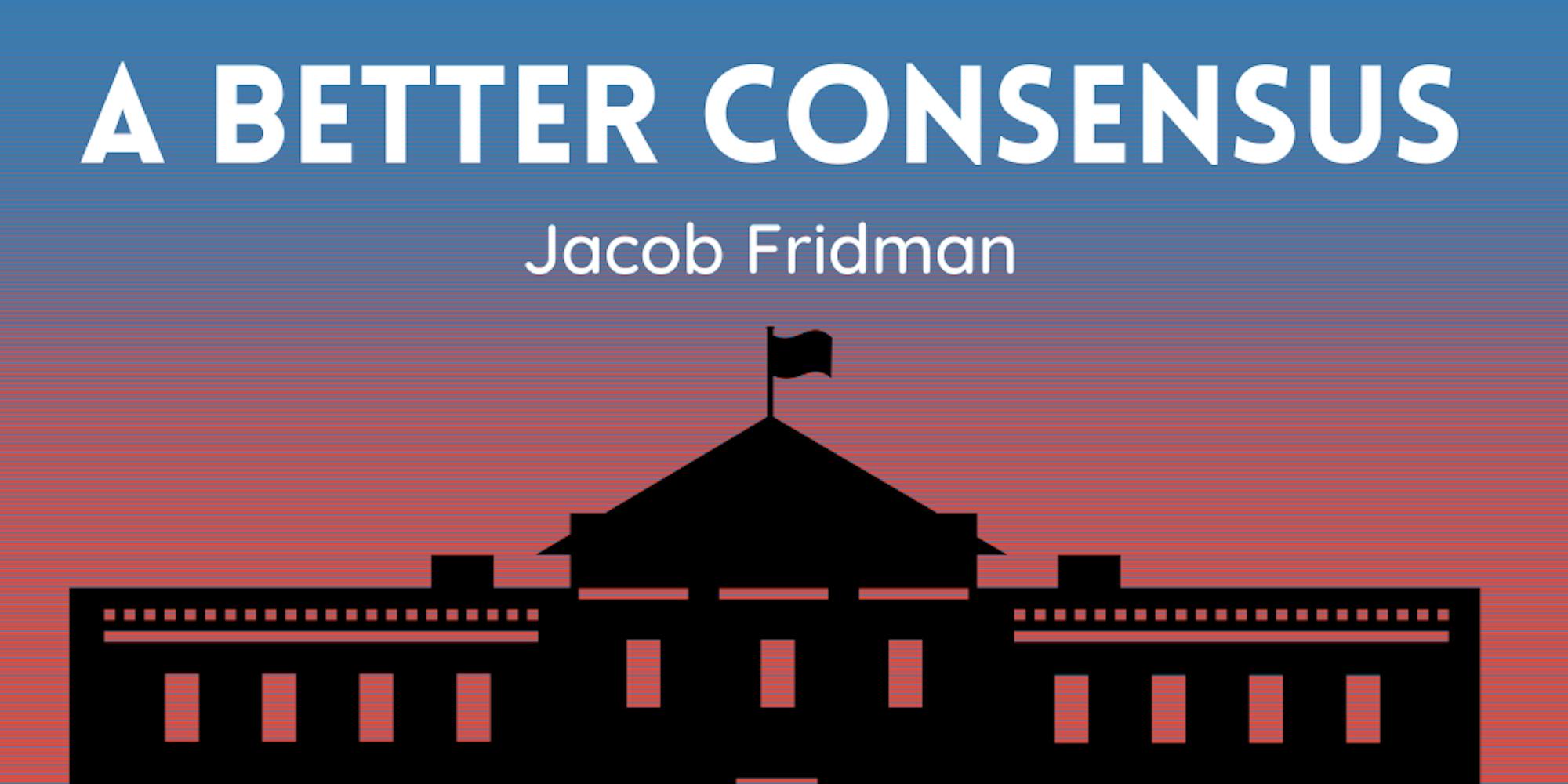The recent testimony of Facebook’s degradation of democracy and harm to millions of young women’s self-esteem has proven again that Washington must act.
Harvard Business School professor emerita Shoshana Zuboff coined the term “surveillance capitalism” to describe this destructive behavior. Using the Cambridge Analytica scandal that saw Facebook and the now-shuttered data firm manipulate users to disseminate Trump and Brexit ads as an example, Zuboffwrites, “Surveillance capitalism threatens to remake society as it unmakes democracy … it undermines human agency, usurping privacy, diminishing autonomy and depriving individuals of the right to combat."
TL;DR, Big Tech is using our personal information to make money without our consent, and that leads to some bad outcomes.
However, if this scares you, even just a bit, and you want to jump ship, it is insanely difficult to do so. Switching platforms means you also have to get friends and family to switch, because social networks revolve around other people being online, too. But it’s also insanely difficult to convince one person to switch because all of their friends and photos are on Facebook. Facebook, and even Google with its own grasp on utilities that connect schools, companies and hobbyists, holds our personal lives hostage to enrich itself in ad money and doesn’t appear to give a thought to the destruction of personal or societal liberty. That is why it should be considered a monopoly.
To its credit, Facebook does allow you to download and transfer your data to another platform, but it's buried in the settings, not applicable to all other social media and not advertised because they want you to stay on Facebook.
Yet, there is hope. In 2018, Congressman Ro Khanna releasedan Internet Bill of Rights that marks your digital life as your personal property. Under the bill, you have the right to control who can access your digital life and for what purpose, and you can move it anywhere you want (as with physical property). New regulations could force all social media platforms to advertise easy-to-use movement of your photos and posts around the Internet, just like our country’s adoption of privacy policies.
This could also be used for Section 230 reform to make companies liable for their algorithms that handle the data and to bar facial recognition software that makes the U.S. look more like China — far from anything the Founders intended.
And while Frances Haugen has mentioned being against breaking up Facebook because it would not result in the abolition of algorithms that are the root of widespread democratic and mental health breakdowns, buying apps like Instagram and WhatsApp is the epitome of anti-competitive behavior that tech giants like Facebook, Google and Amazon have used to crush competition, especially regarding privacy-focused rivals. Such a drastic measure would at least deter more data conglomerates from popping up and give consumers a sliver more of freedom in the marketplace.






